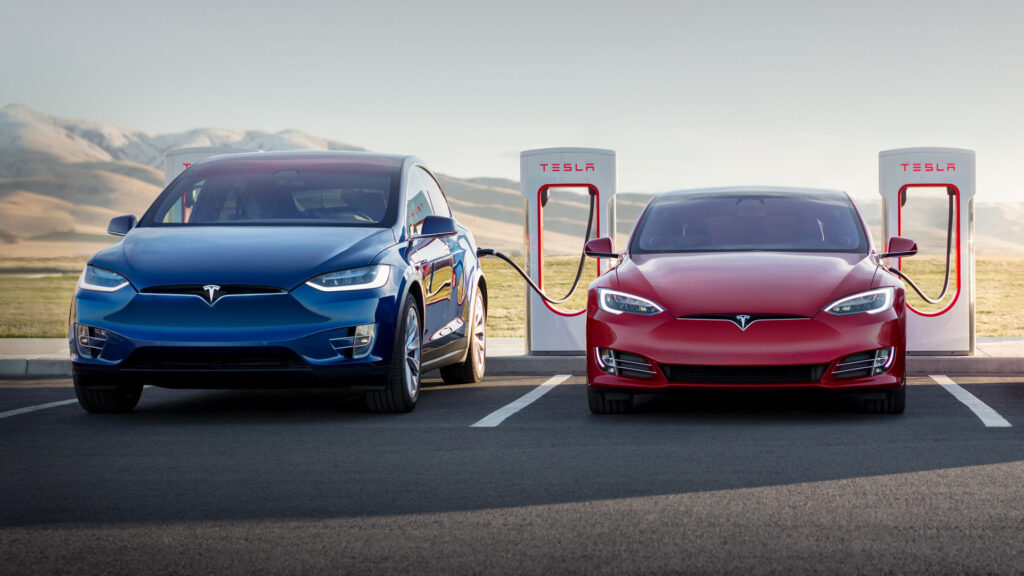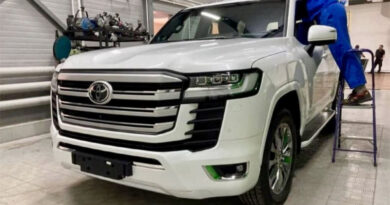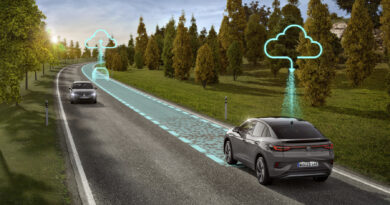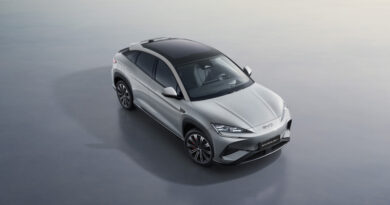The Germans take on Tesla: Mercedes-Benz and BMW power ahead with new plan for their own Supercharger network
Mercedes-Benz and BMW have decided to unite to build a new high-speed charging network in China that could provide the template for a similar Tesla Supercharger-rival in other markets.
As part of the new joint venture, both Benz and BMW say it will team up to construct at least 1000 high-speed charging stations across China that will include more than 7000 charging points.
The entire network is set to be up and running before the end of the 2026, with the first stations to be fast-tracked and operating as soon as 2024.
It’s still to be confirmed whether the new joint venture will have far reaching implications for other countries, but it’s thought the technology being developed for China could easily be rolled out to other markets.
Fuelling rumours it will, Mercedes-Benz has already publicly admitted that it wants to invest billions of euros building its own network to rival Tesla Superchargers, with the German brand saying it wants to introduce more than 10,000 chargers in North America, Europe and China.
The race now to introduce its own chargers follows, in some cases, more than a decade of some countries dragging its heels when it comes to investing in the infrastructure needed to support the huge ramp-up of EVs.
Even small sports car-maker, Lotus, has gone ahead and developed its owner superfast charging network to match Tesla’s proprietary Supercharger network, with many more brands, like NIO in China, already spending billions already preparing for the influx of EVs.
Despite being an unusual move for such close rivals to choose to work together, BMW and Mercedes have a track record teaming up when it comes to boosting EV infrastructure. Back in 2017, the German brands, along with Ford, Volkswagen/Audi, Porsche and later on Hyundai (2019), founded the European IONITY charging network that now features charging stations in 24 countries.
Despite being in operation for more than six years the IONITY has been slow to expand, compared to the new BMW-Benz China plans, with the Euro charging network only opening its 500th charging station recently, and the network only offering a total 2400 charging points.




